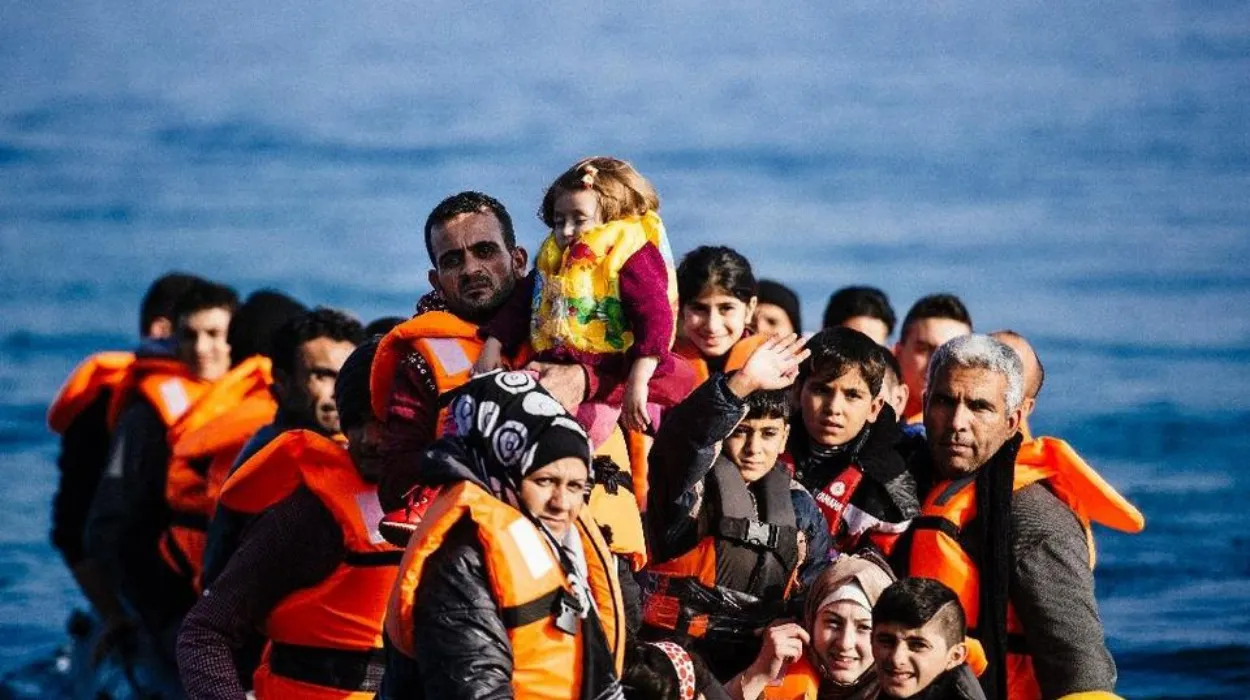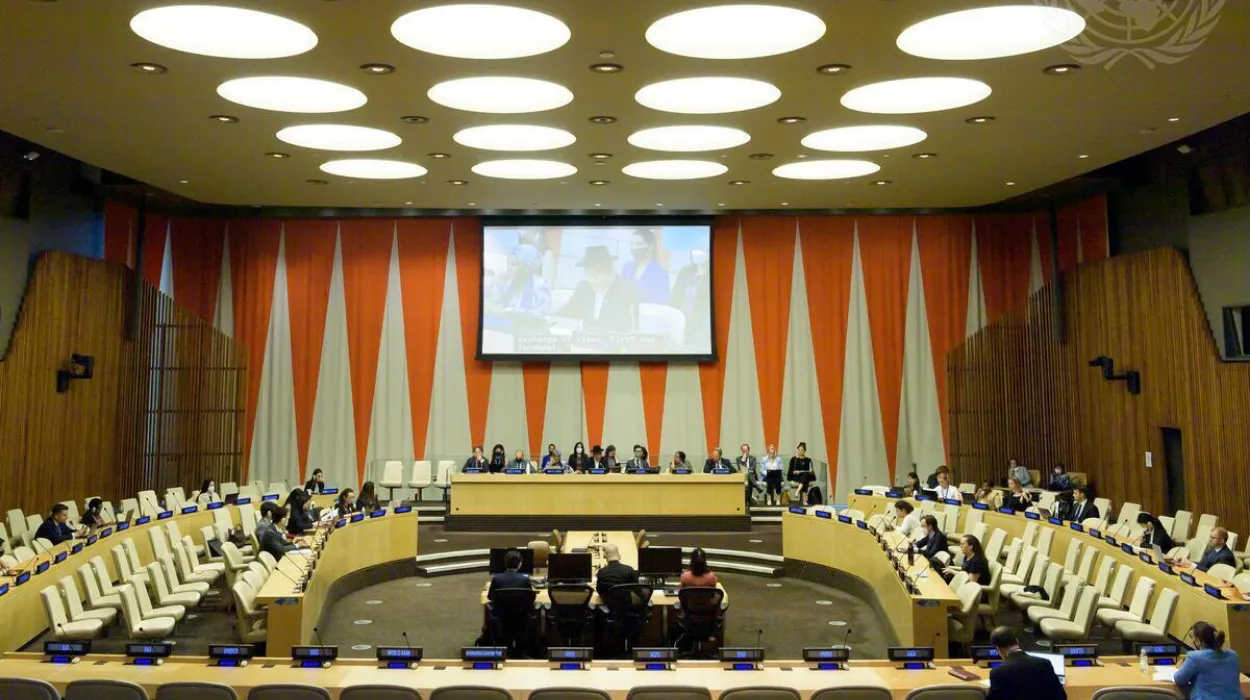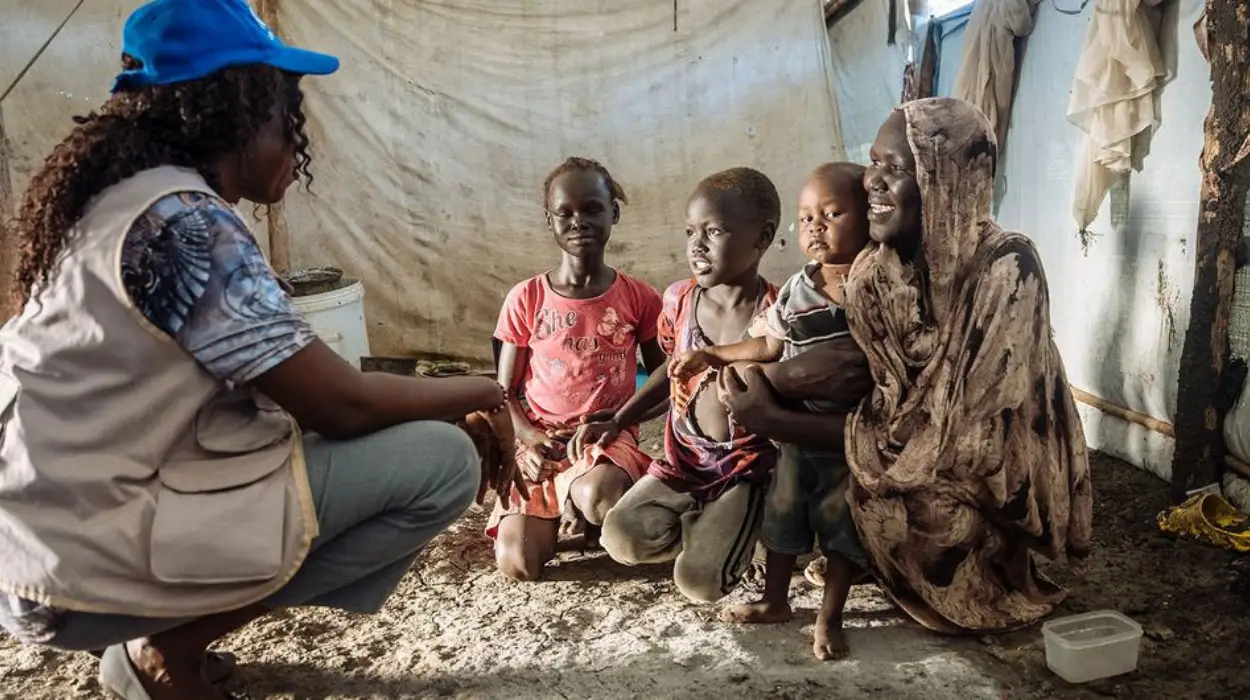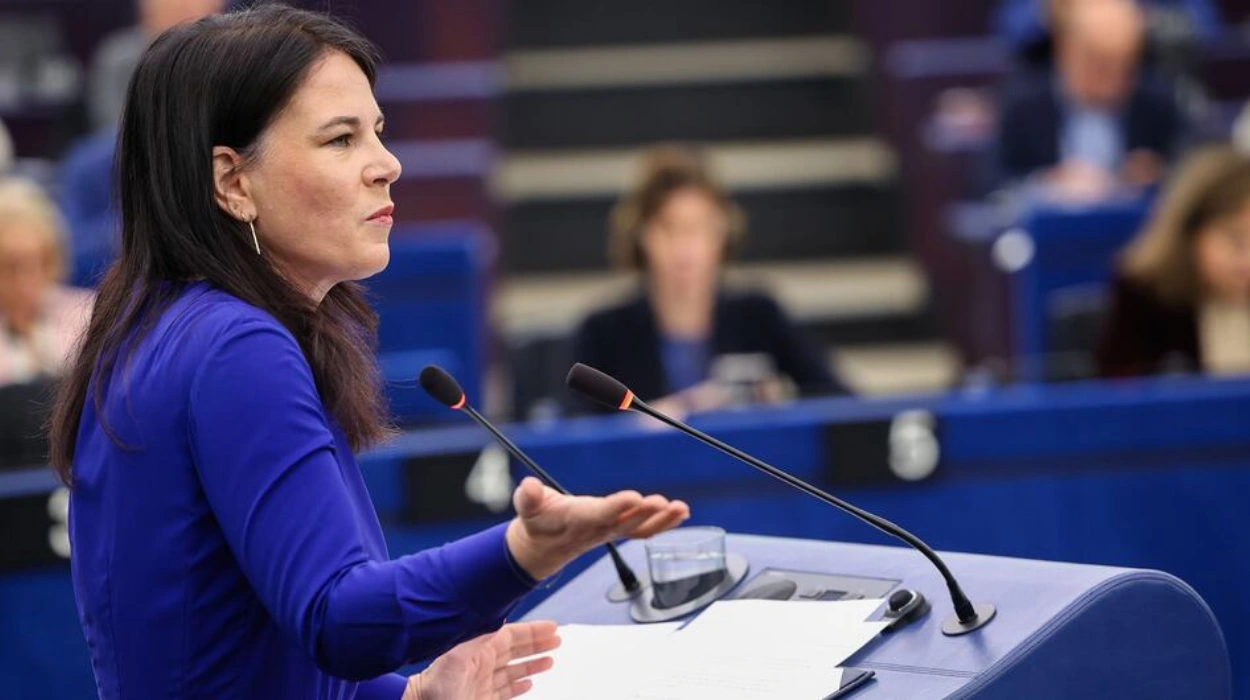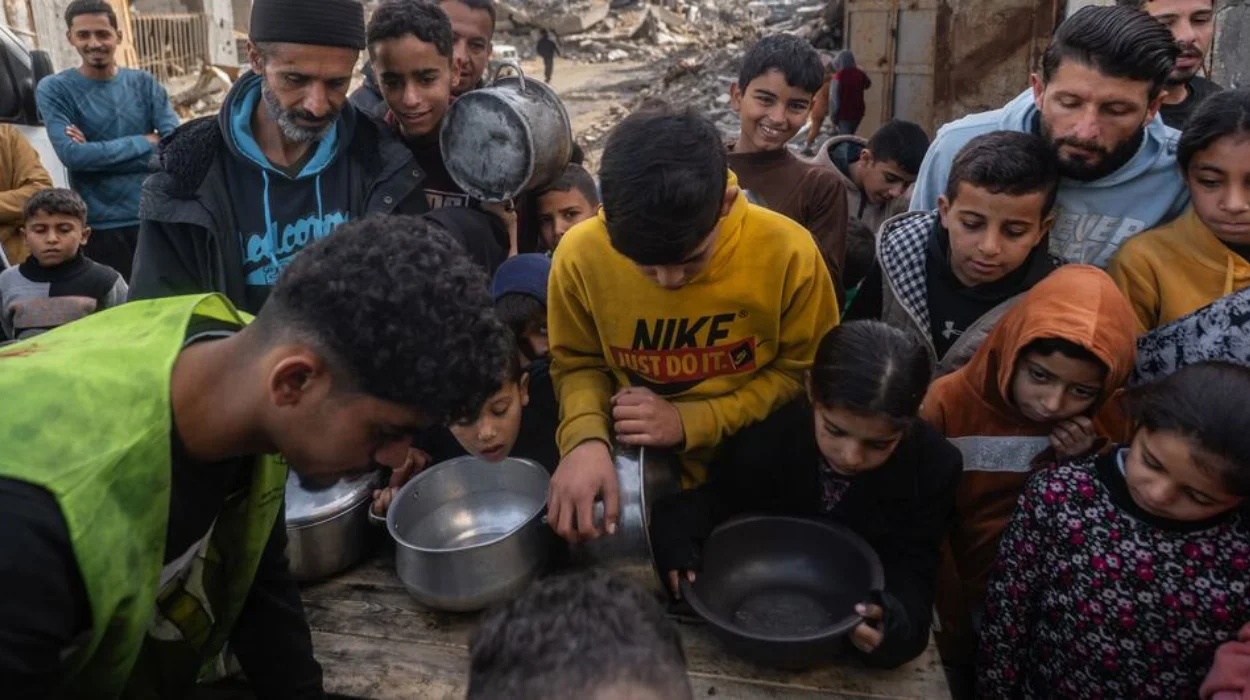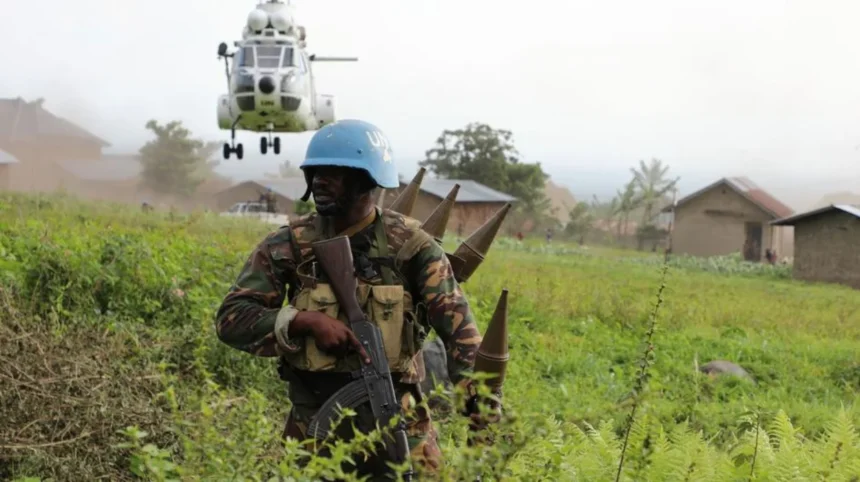As part of a high-level open debate in the Security Council, Secretary-General António Guterres proposed urgent reforms to make peacekeeping more flexible to today’s increasingly complicated security landscape.
“Wars are becoming more complex and more deadly. They last longer and are more enmeshed in global and regional dynamics. Negotiated settlements have been harder to achieve,”
Mr. Guterres said.
He stated that many disputes transcend national borders, with terrorism, organized crime, and the use of emerging technologies as weapons is creating new threats. Concurrently, the various effects of climate change are making it even harder to ensure security peace.
Additionally, internal divisions in the Security Council have complicated efforts to reach consensus on conflict resolution. “Trust is scarce both among countries and within regions… this is a stark assessment, but we must confront reality.”
Mr. Guterres emphasized that a major challenge for UN peace operations is the widening disparity between the expectations of missions and their available resources.
“We see a persistent mismatch between mandates and available resources,”
he said, saying that the Council must recognise the limitations of peacekeeping in situations “where there is little or no peace to keep”.
Despite these challenges, the UN chief emphasized that the Organization has the ability to adapt peace operations to better align with modern realities. He highlighted several recent initiatives focused on improving the effectiveness and responsiveness of missions.
This features a proposal for Haiti, a nation where criminal gangs dominate considerable areas. He stated that the UN has a vital role in fostering stability and security while tackling the fundamental causes of the crisis.
In Lebanon, the UN Interim Force (UNIFIL) has created an adaptation plan to enhance its mandate and ensure compliance with the Security Council resolution 1701. Another important instance is the recently passed Security Council resolution 2719, which strengthened the UN’s partnership with the African Union (AU) and set the stage for more robust collaboration in peace enforcement missions.
“This breakthrough has lifted our partnership with the AU to a new level,”
Mr. Guterres said, urging Member States to fully support the initiative.
Mr. Guterres mentioned that efforts are in progress for a thorough assessment of UN peace operations as requested by Member States in the Pact for the Future, which was adopted last September. The review will assess current peacekeeping models, investigate innovative approaches, and ensure that missions are given realistic mandates along with feasible exit strategies and transition plans.
In conclusion, he called on all countries to transcend divisions and offer the collective support essential for peacekeeping efforts succeed. “I call on this Security Council to continue working to overcome divisions and disagreements around peace operations and build the unified and consistent political support our peace operations – and the women and men who conduct them – need and deserve.”


